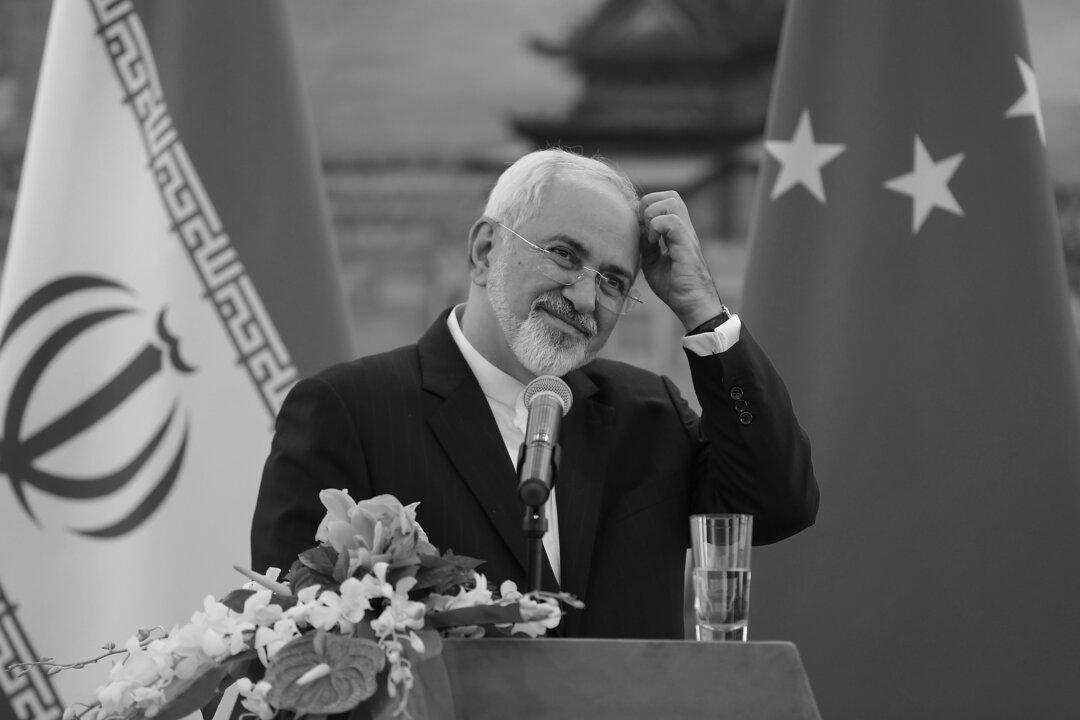Carol E.B. Choksy
Author
LATEST
Can Trade Keep Iran in Line?
Iran has large oil and natural gas reserves, and after years of debilitating sanctions imposed for the country’s nuclear weapons program, the population of more than 75 million is eager to join the global marketplace. A plan of action between Iran and the United States, Russia, China, UK, France and Germany is supposed to curtail Iran’s nuclear research program and end sanctions. This article reviews the enthusiasm of businesses around the globe – so enthusiastic that Jamsheed K. Choksy and Carol E. B. Choksy of Indiana University, question if trade will encourage Iran to abide by terms of the agreement and, if not, whether governments could rally support to re-impose sanctions. Executives with chemical manufacturers, port operations, airlines, utilities, telecommunications, satellite and financial firms join the rush while some major energy firms are cautious. Iran’s full re-entry into the international fold depends on whether trade benefits hardliners in power or ordinary citizens.
|
How to Turn Off the ISIS Tap
As fasting for Ramadan began, a Sunni terrorist group popularly known as the Islamic State of Iraq and Syria proclaimed a caliphate, or religious-political dominion. ISIS also renamed itself “The Islamic State,” or IS. Across Iraq and Syria, IS has targeted key infrastructure for capture and revenue generation.
|
Can Trade Keep Iran in Line?
Iran has large oil and natural gas reserves, and after years of debilitating sanctions imposed for the country’s nuclear weapons program, the population of more than 75 million is eager to join the global marketplace. A plan of action between Iran and the United States, Russia, China, UK, France and Germany is supposed to curtail Iran’s nuclear research program and end sanctions. This article reviews the enthusiasm of businesses around the globe – so enthusiastic that Jamsheed K. Choksy and Carol E. B. Choksy of Indiana University, question if trade will encourage Iran to abide by terms of the agreement and, if not, whether governments could rally support to re-impose sanctions. Executives with chemical manufacturers, port operations, airlines, utilities, telecommunications, satellite and financial firms join the rush while some major energy firms are cautious. Iran’s full re-entry into the international fold depends on whether trade benefits hardliners in power or ordinary citizens.
|
How to Turn Off the ISIS Tap
As fasting for Ramadan began, a Sunni terrorist group popularly known as the Islamic State of Iraq and Syria proclaimed a caliphate, or religious-political dominion. ISIS also renamed itself “The Islamic State,” or IS. Across Iraq and Syria, IS has targeted key infrastructure for capture and revenue generation.
|


